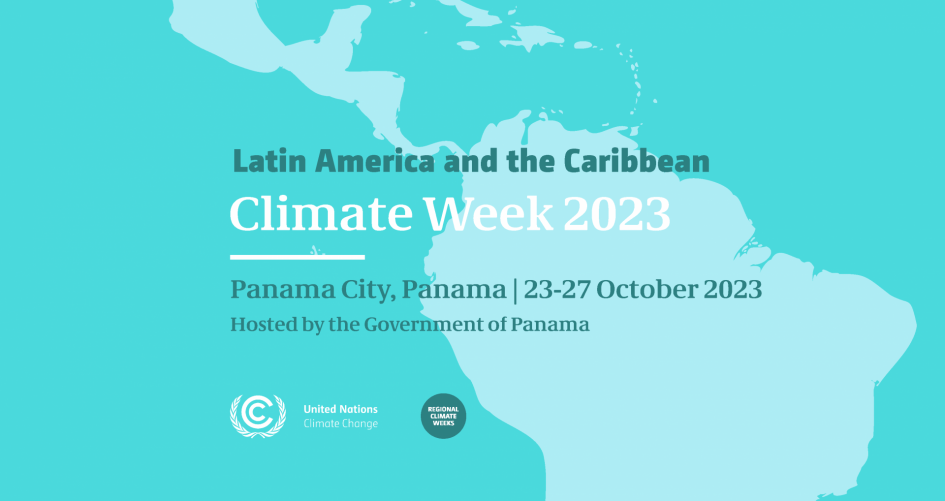How do I register to attend?
Registration is now closed.
Is there cost to attend LACCW 2023?
Registration to the event is free of charge, with each participant responsible for arrangements and related costs, including flight, visa, food and accommodation.
Can I participate virtually?
The Opening Ceremony, Closing Ceremony, high-level events and thematic track events at Latin America and the Caribbean Climate Week 2023 will be streamed live on YouTube. Please also follow #ClimateWeekLAC and #SemanadelClimaALC on social media to be a part of the conversation.
Does the UNFCCC provide certificates of participation?
The UNFCCC does not provide certificates of participation. Participants are welcome to keep their badges as proof of attendance.

